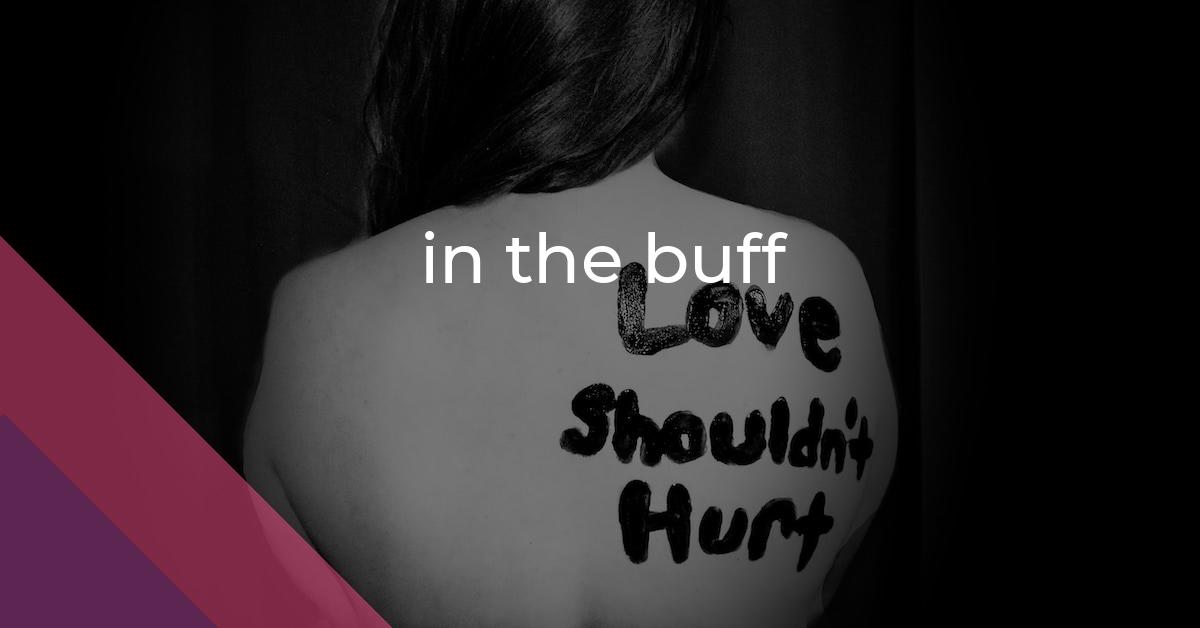in the buff: Idiom Meaning and Origin
What does ‘in the buff’ mean?
The idiom "in the buff" means being completely naked, without any clothing on.

Idiom Explorer
The idiom "shirtless" is used to describe someone who is not wearing a shirt or is without clothing on their upper body. It often conveys a sense of casualness or informality.
"In the raw" means in a natural or unprocessed state, without any refinements or alterations. It can also refer to being naked or exposed without any cover or protection.
"In the altogether" is an idiom meaning to be completely naked or undressed. This phrase is often used humorously or euphemistically to refer to someone's state of nudity.
The idiom "in short trousers" is used to describe someone who is young or inexperienced, often implying that they lack maturity or knowledge in a particular area.
The idiom "in plain view" means something that is easily visible or noticeable, without any effort to conceal it.
The idiom "in plain sight" means something is easily visible or noticeable to everyone.
The idiom "in all one's glory" means to be seen or presented in one's most impressive and grandiose state, showcasing all of one's achievements and qualities.
The idiom "in a flash" means doing something very quickly or almost instantly.
The idiom "hide in plain sight" means to conceal oneself or something in a way that is not obvious or easily noticed, even though it is in a highly visible or noticeable place.
The idiom "head to toe" means completely or fully, often referring to being covered or dressed from head to toe in something.
Uncovering the Origins
The idiom "in the buff" is often used to describe someone who is completely naked or undressed. It has a straightforward and literal meaning and is commonly used in informal contexts. The exact origin of this idiom is uncertain, but there are a few theories that shed light on its usage and history.
One theory suggests that "in the buff" originates from the French word "buffe," which referred to a soft, undyed leather made from buffalo hide. In the Middle Ages, actors in theater productions would wear flesh-colored tights made from this type of leather to represent nudity on stage. Over time, the phrase "in the buff" came to be associated with being completely naked, possibly due to the actor's appearance resembling bare skin.
Another theory proposes that the idiom may have originated from the English language itself. The word "buff" has historically been used to describe a person who is round and plump. This could be compared to someone who is undressed and lacking the contouring effects of clothing. This connection between being "in the buff" and being without clothing could explain the idiom's usage.
Regardless of its exact origins, "in the buff" has become firmly established in English vernacular. It is often used in casual contexts, such as conversations among friends or in light-hearted discussions about nudity. The phrase conveys a sense of complete undress and emphasizes the absence of all clothing, leaving one exposed. It is important to note, however, that its usage may be considered informal or even slightly humorous in certain situations. Due to its association with nudity, it is generally not used in formal or professional settings.
The idiom "in the altogether" is closely related to "in the buff." It also refers to someone who is completely naked or undressed. The term "altogether" is used as a synonym for "completely" or "entirely." Just like "in the buff," "in the altogether" is an informal phrase that is often used in casual conversations or lighthearted discussions about nudity. The choice between using "in the buff" or "in the altogether" may simply boil down to personal preference or regional variations in idiomatic expressions.
An additional related idiom is "shirtless," which specifically refers to being without a shirt. While "in the buff" and "in the altogether" convey complete nudity, "shirtless" focuses on the absence of a shirt. This term is commonly used to describe someone who is not wearing a shirt, whether by choice or necessity. Unlike the previous two idioms, "shirtless" is more commonly used in a neutral or descriptive context, rather than in discussions about nudity. It can be used to describe someone working out, spending time at the beach, or even just lounging around the house without a shirt on.
These idioms, including "in the buff," "in the altogether," and "shirtless," all contribute to the vast array of English idiomatic expressions that enrich our language. They provide colloquial and conversational ways to describe various states of undress, from complete nudity to simply being without a shirt. While their precise origins and etymology may be open to interpretation, their usage and recognition among English speakers remain widespread. Whether through historical associations or societal connotations, these idioms continue to evoke both literal and metaphorical understandings of being completely bare or lacking specific items of clothing. They contribute to the richness and diversity of language, allowing for playful and nuanced expressions in everyday conversations.
Example usage
Examples of how the idiom 'in the buff' can be used in a sentence:
- He was caught walking in the buff on the beach.
- She prefers to sunbathe in the buff for an all-over tan.
- The guests were surprised when they found out the pool party was going to be in the buff.
More "Nudity" idioms



